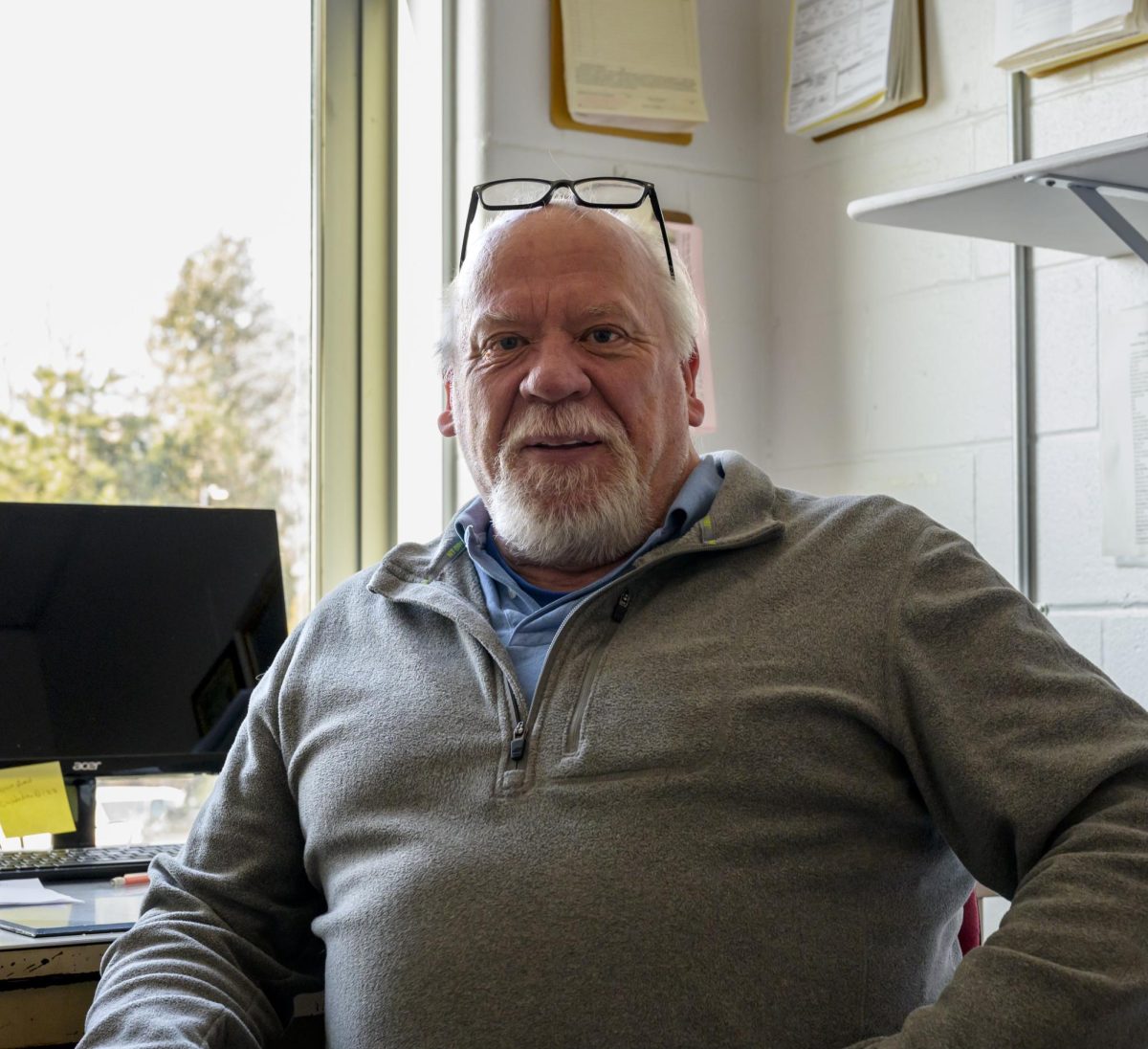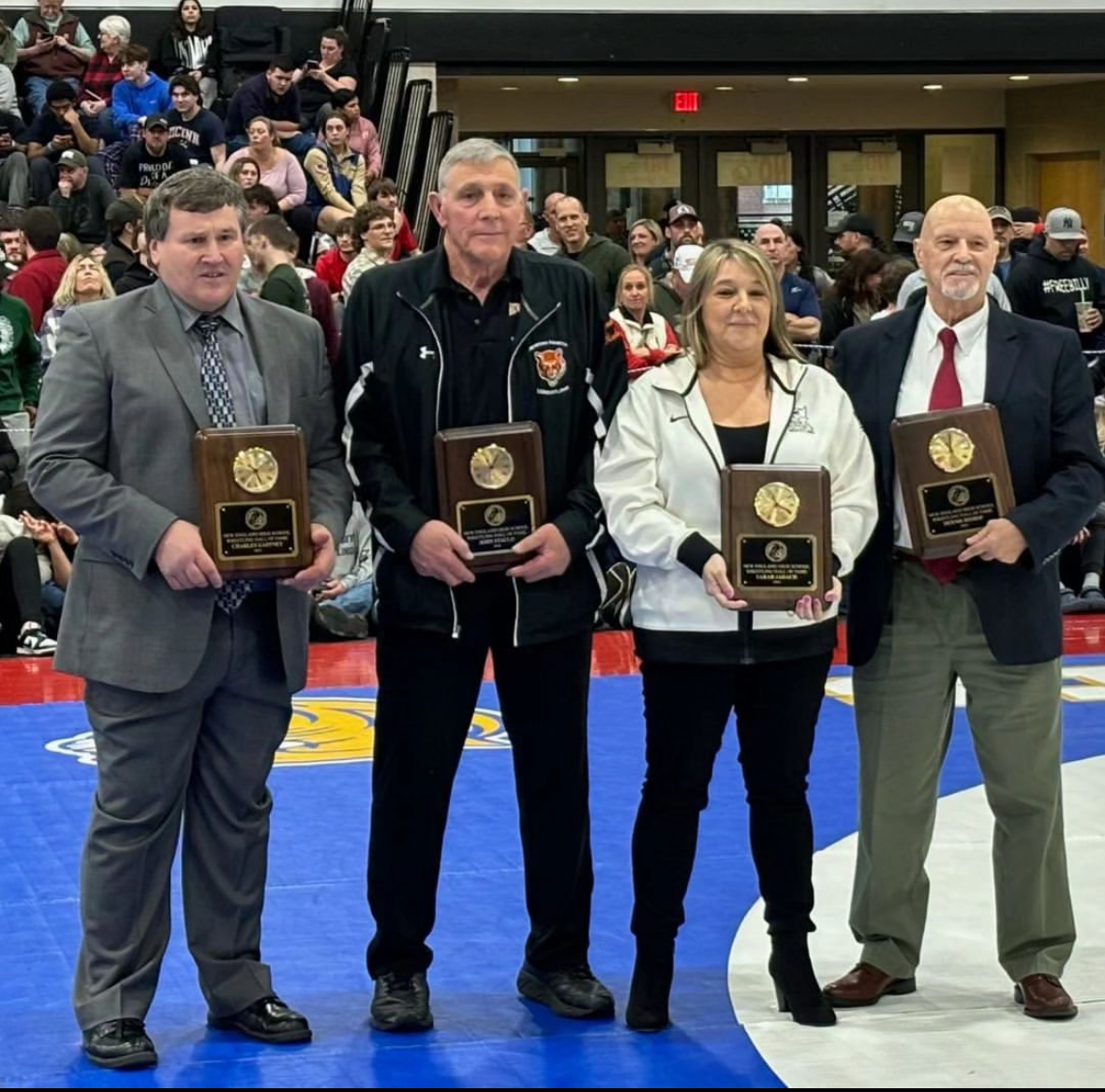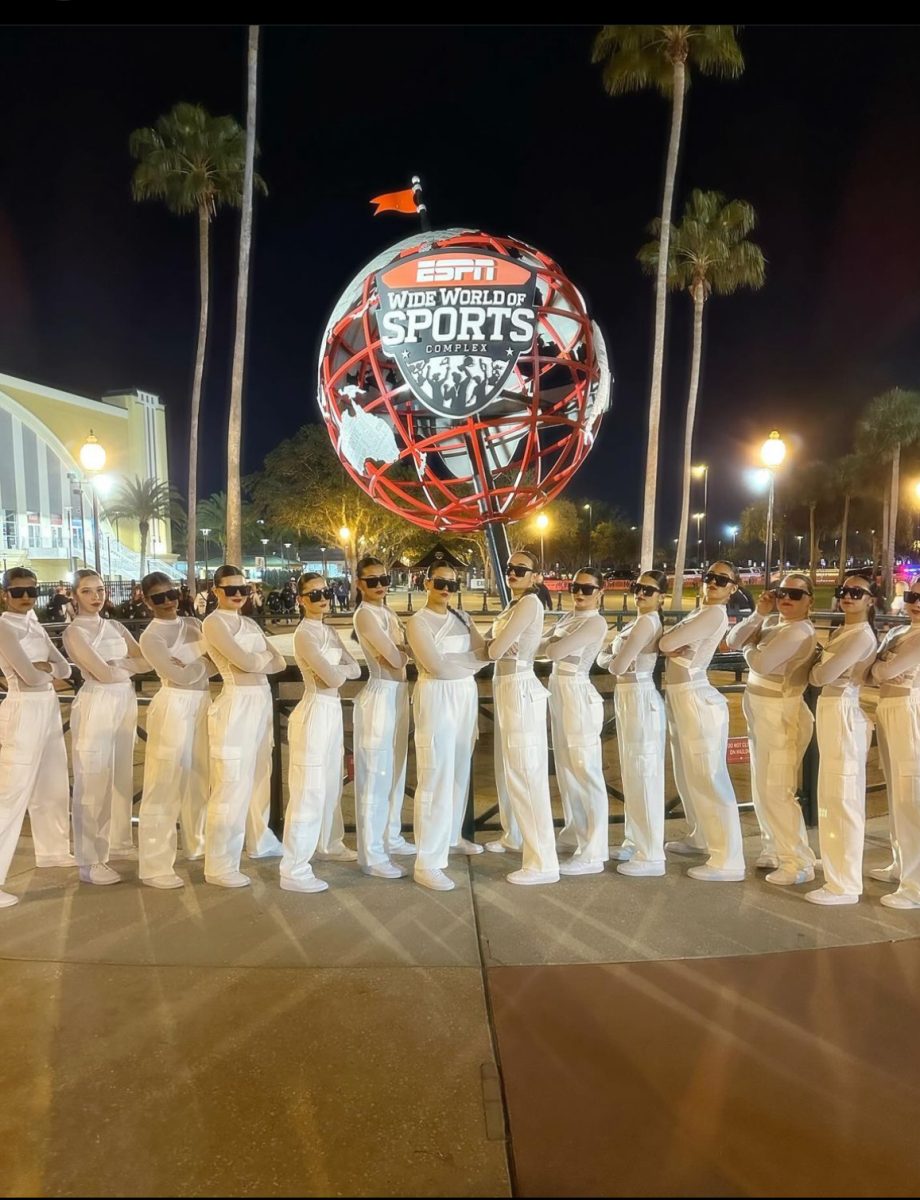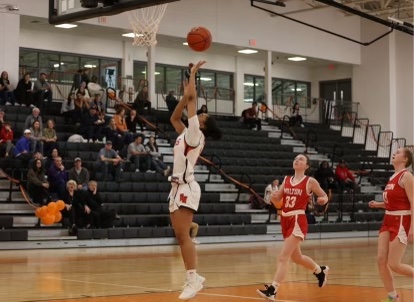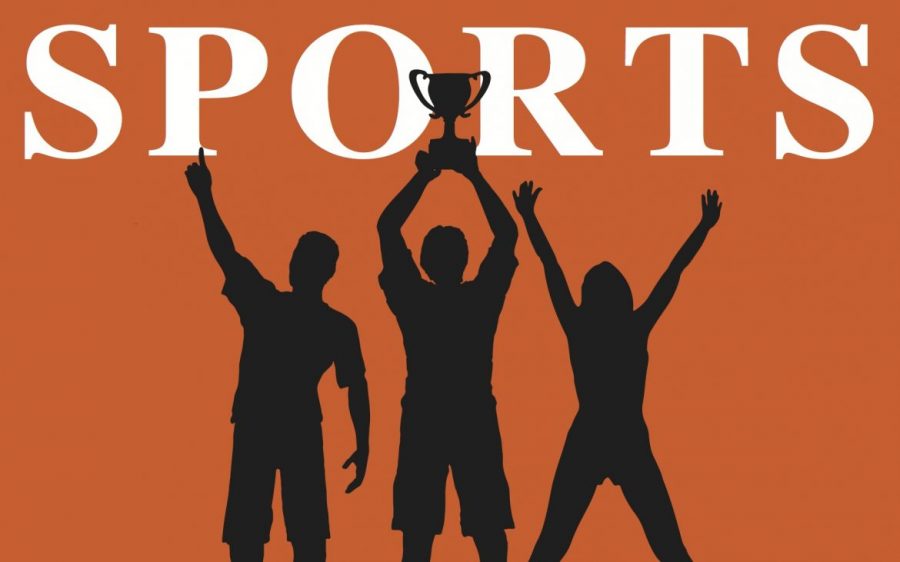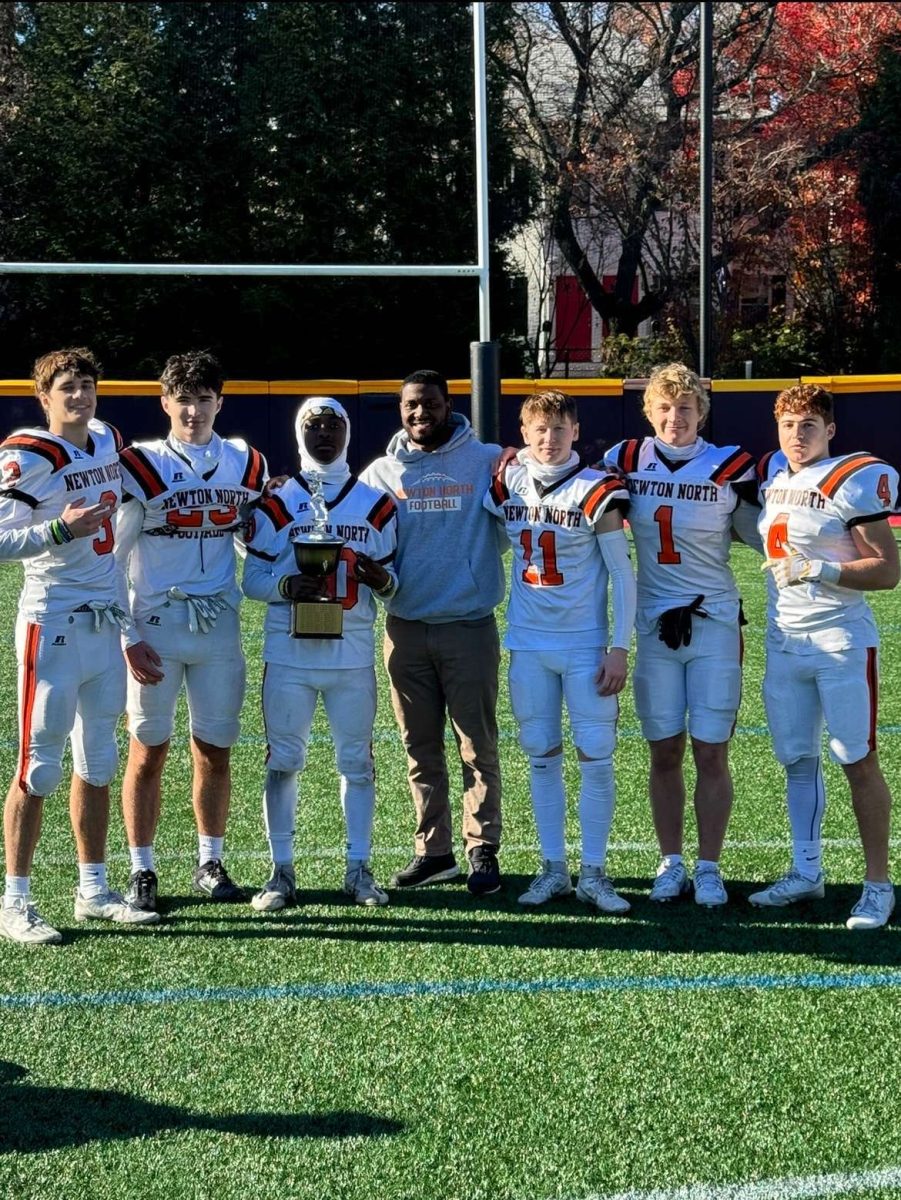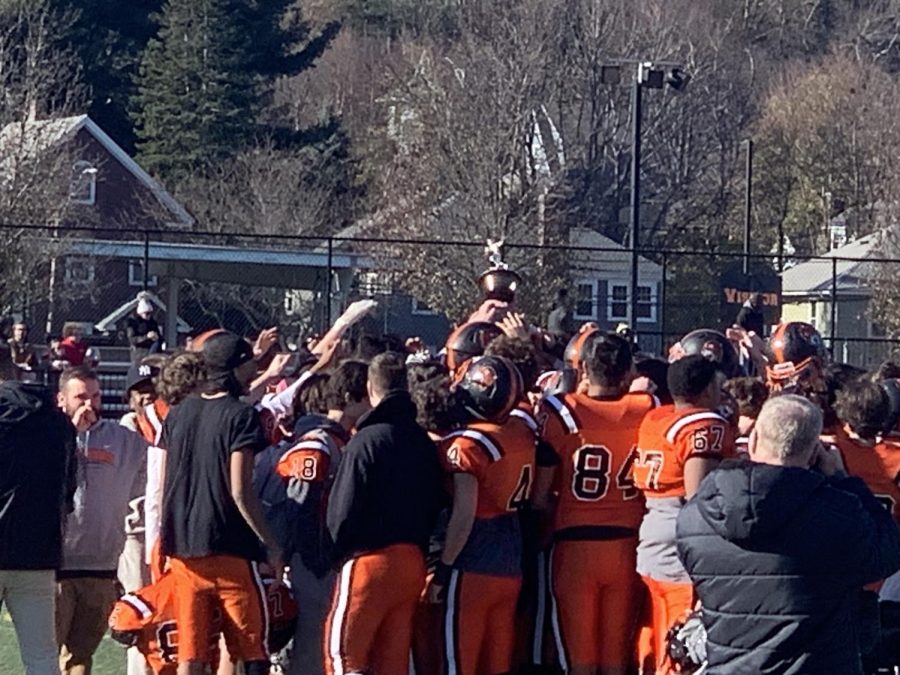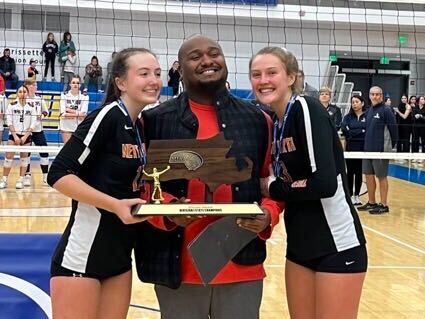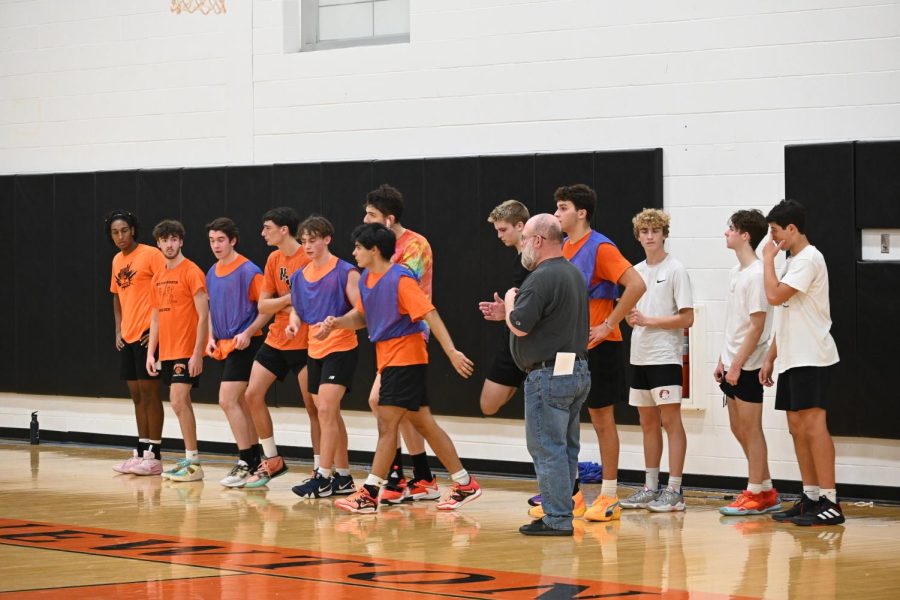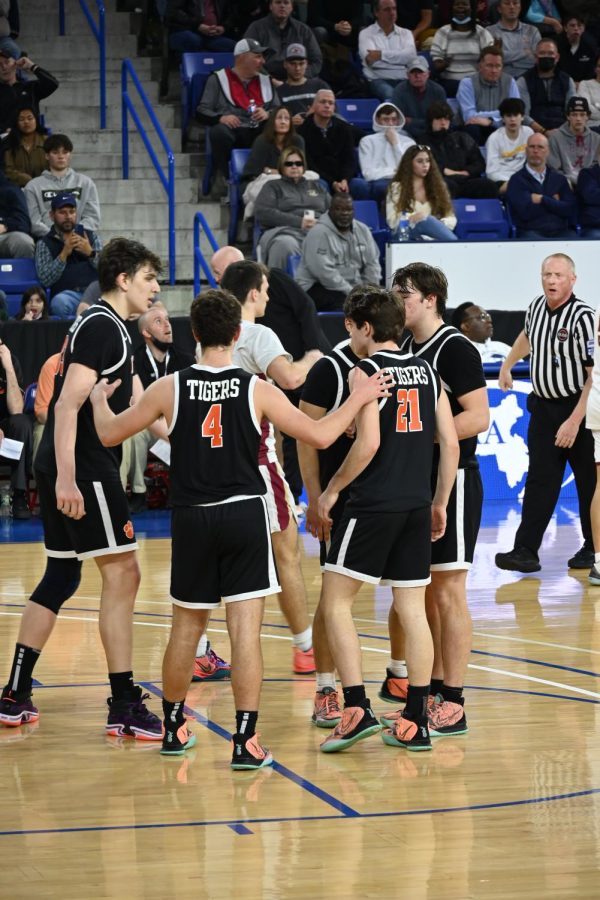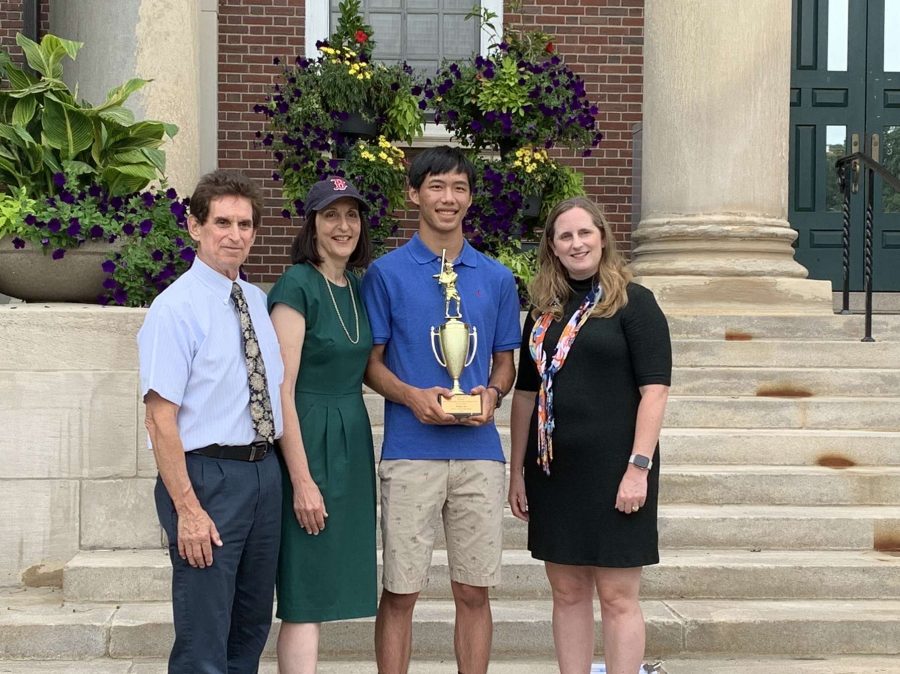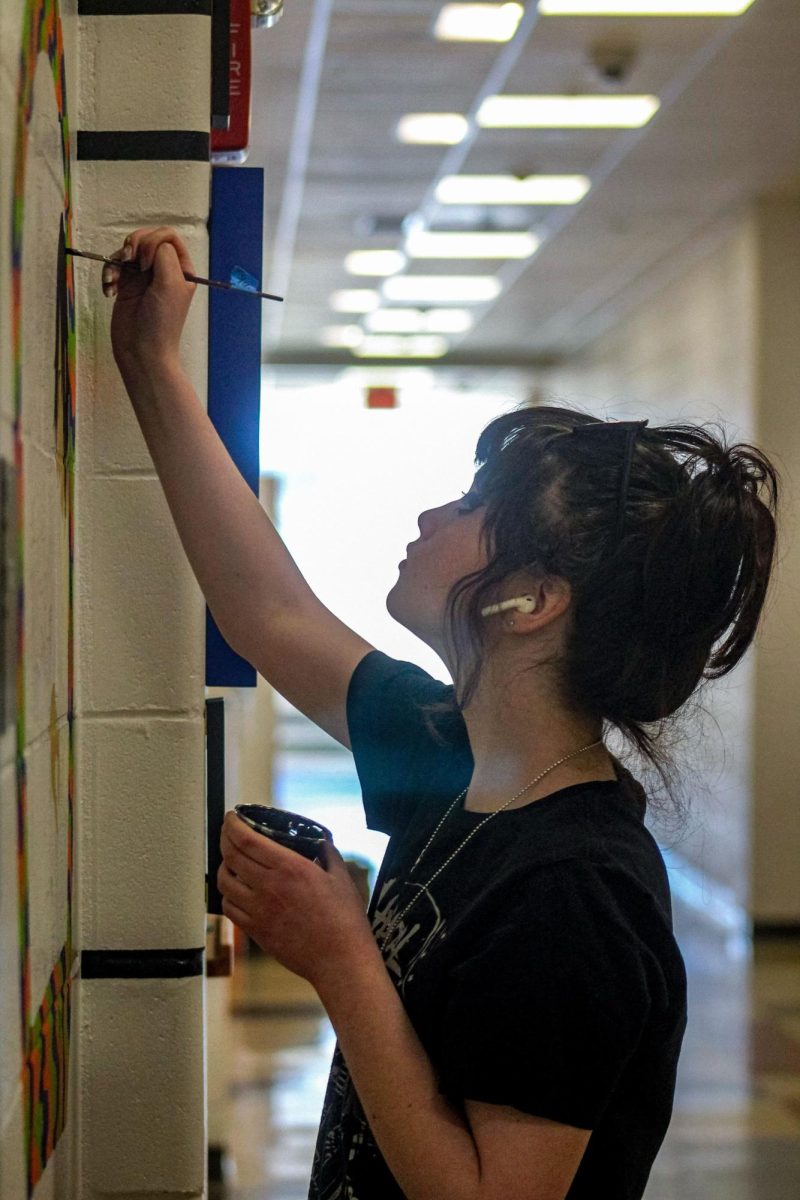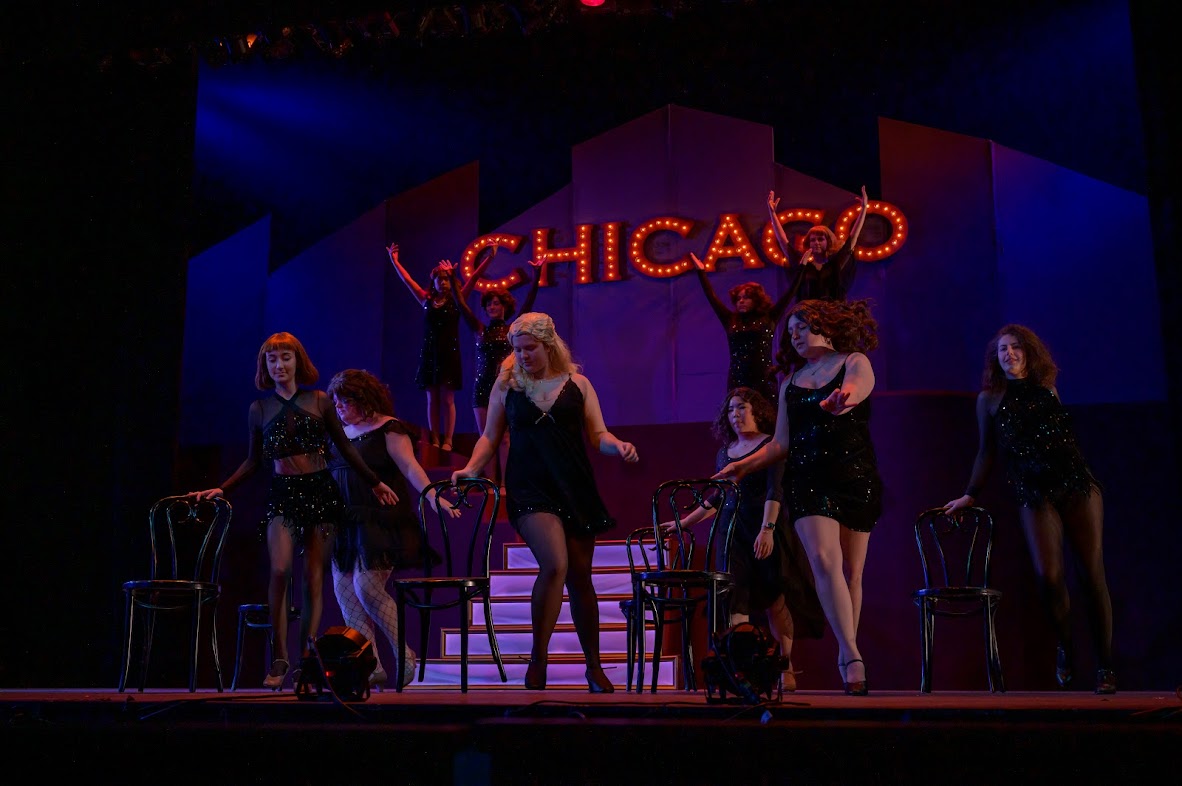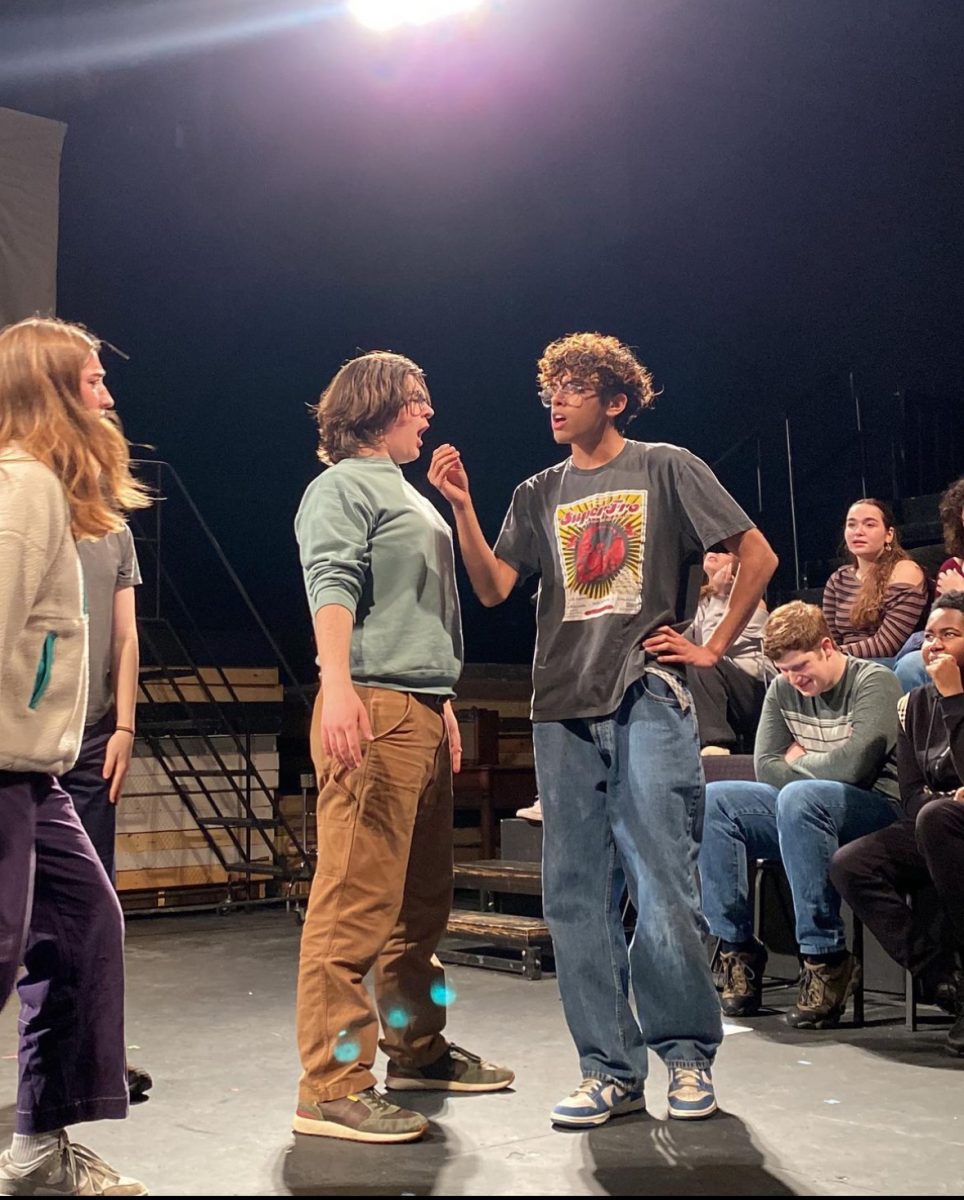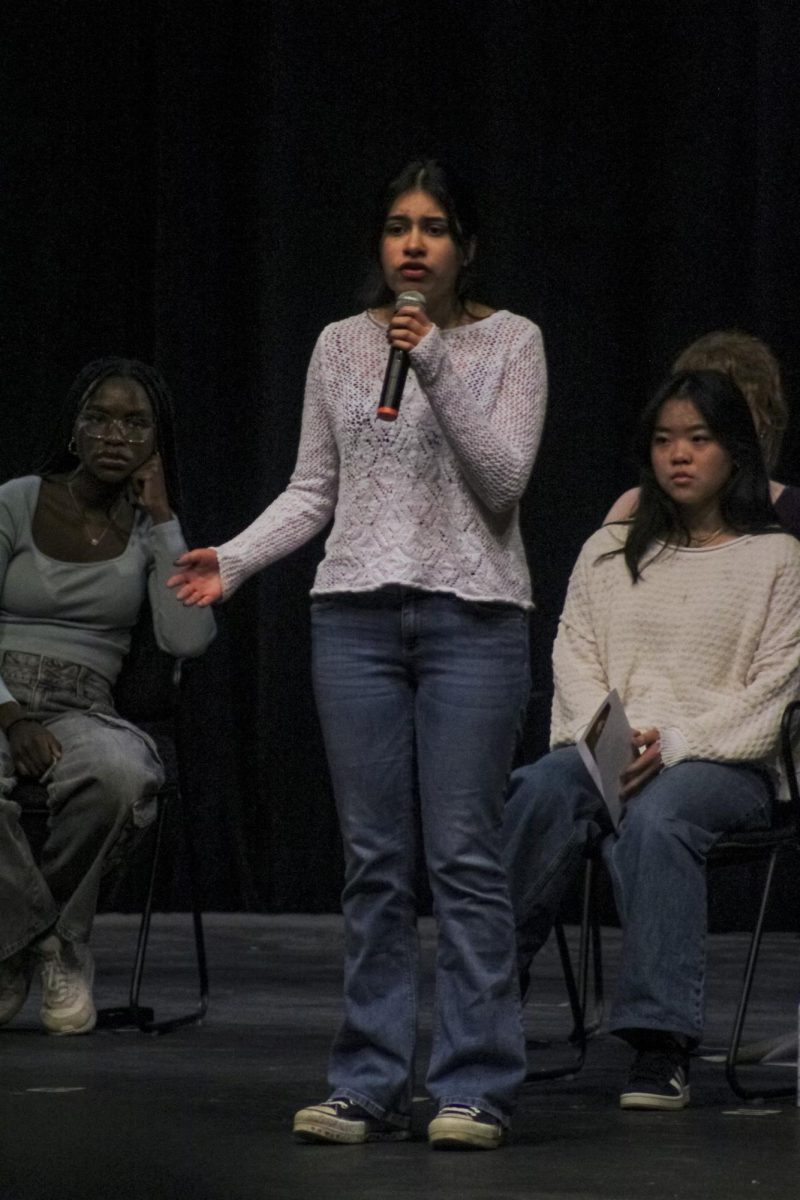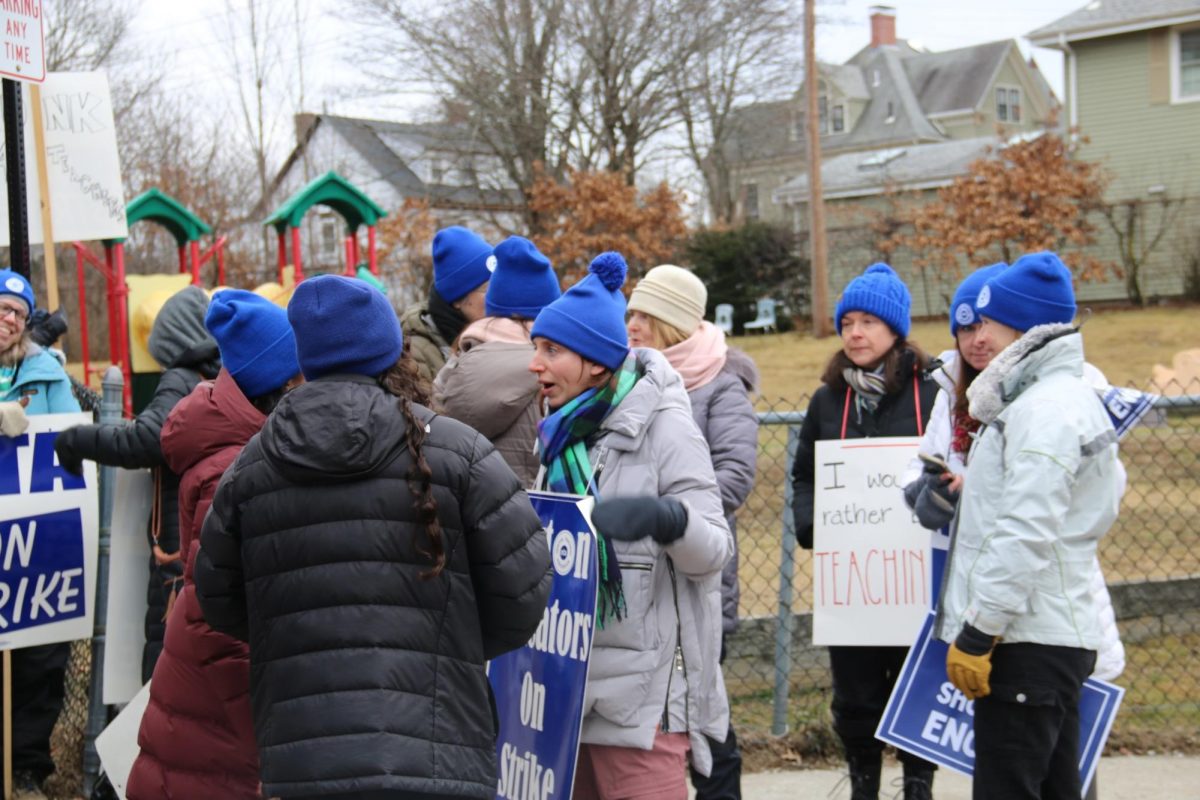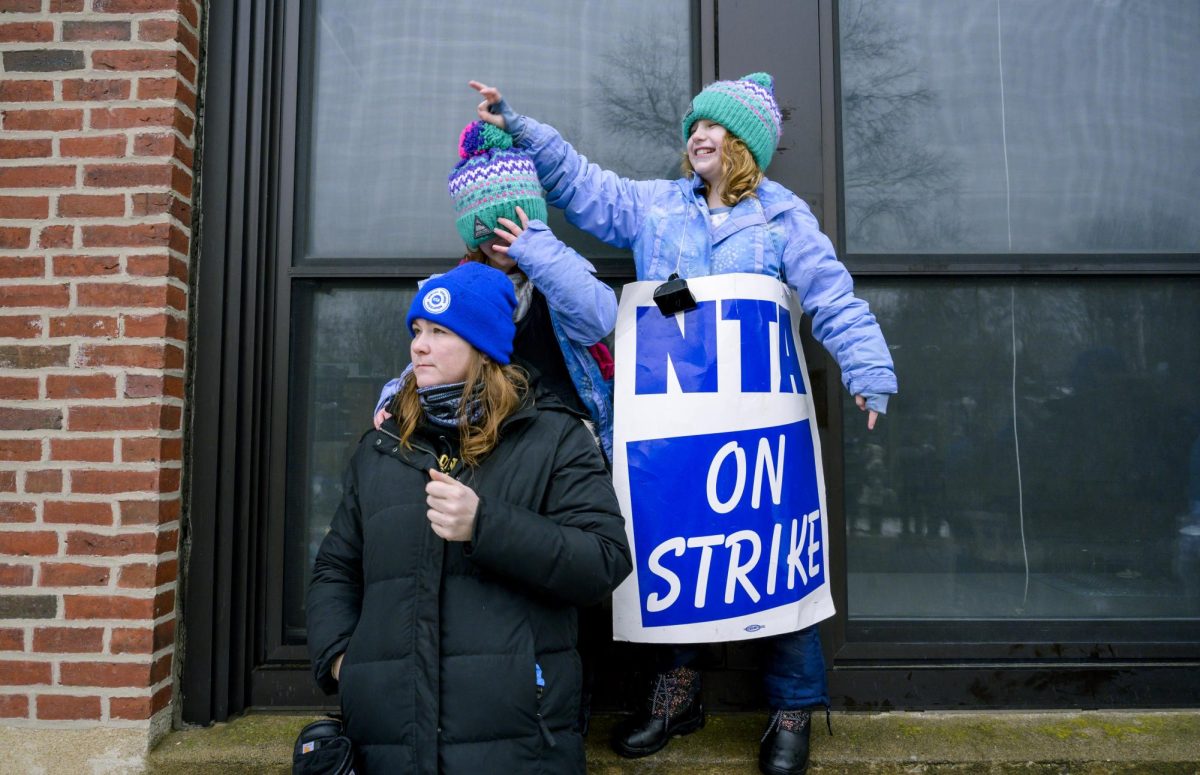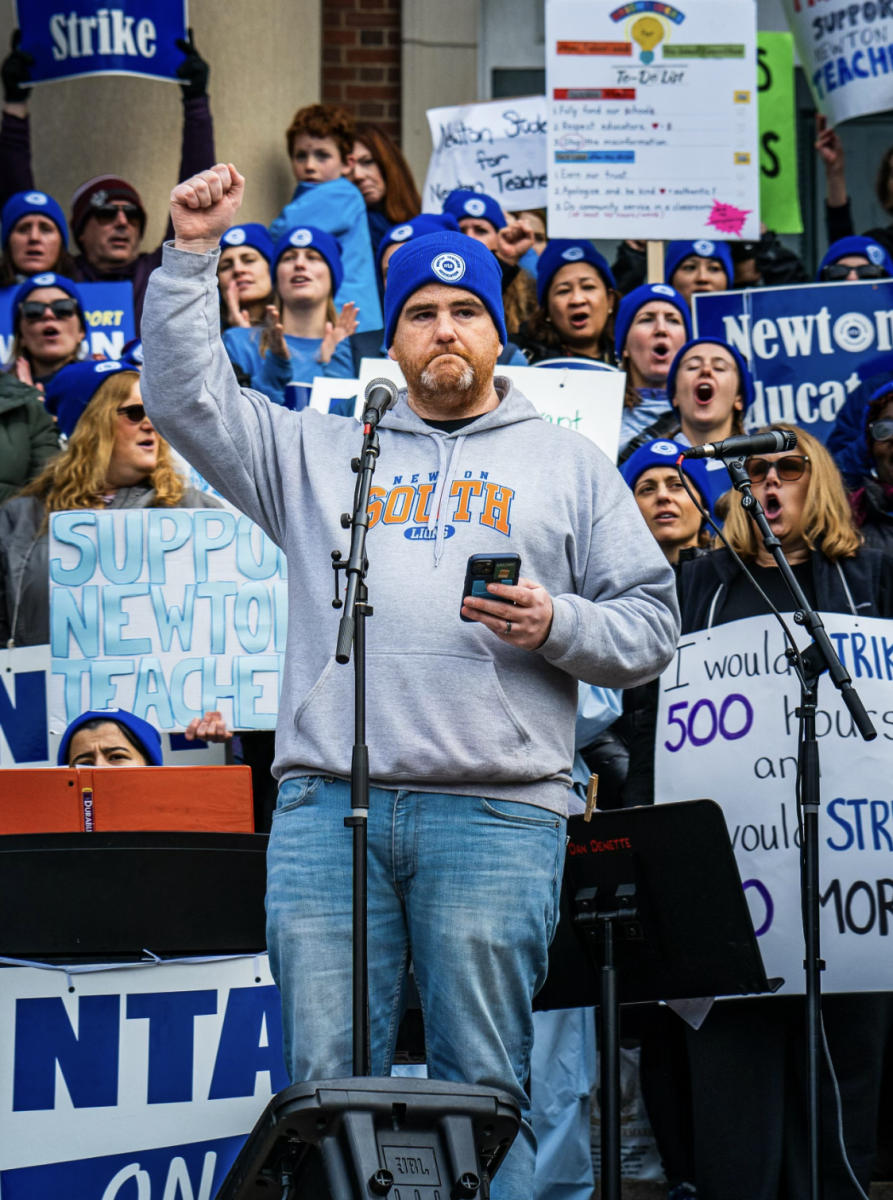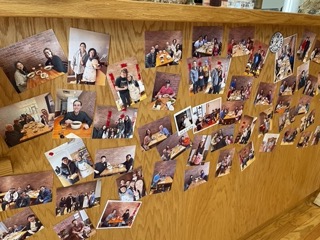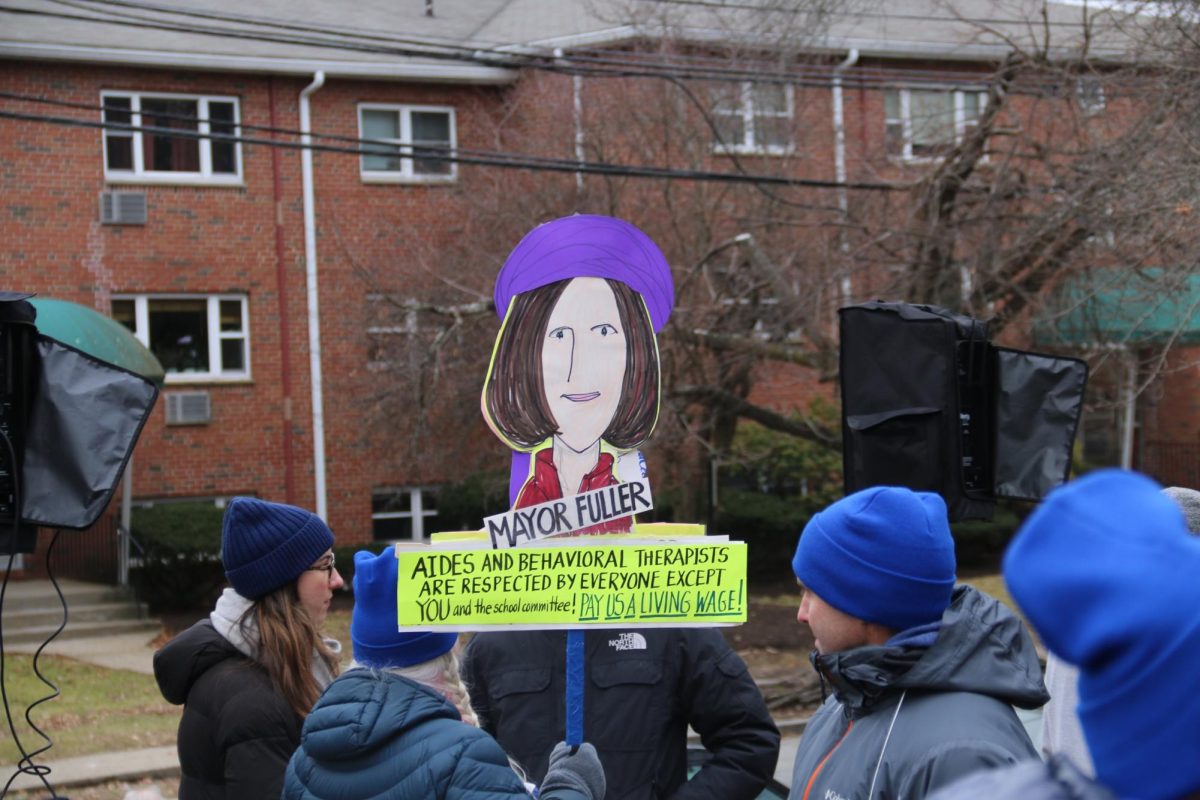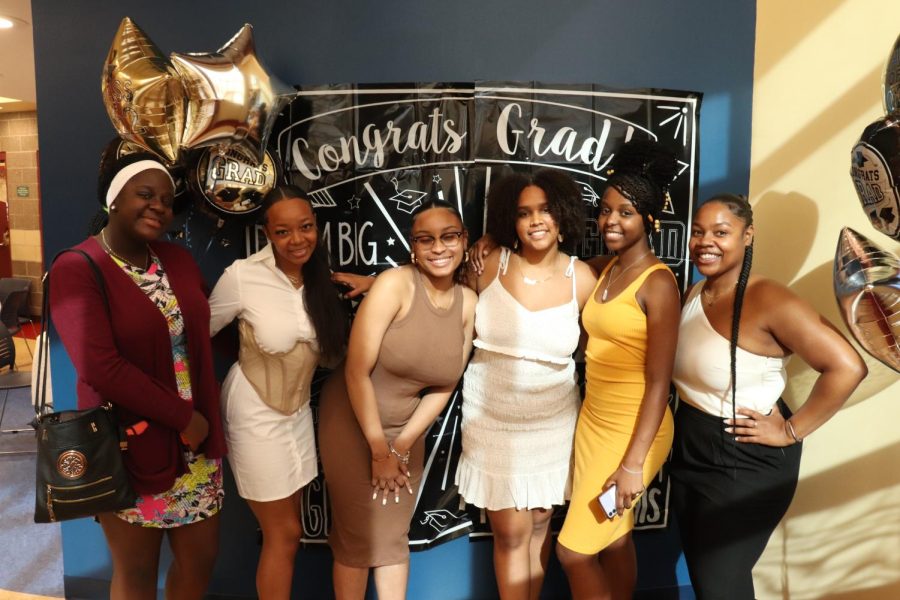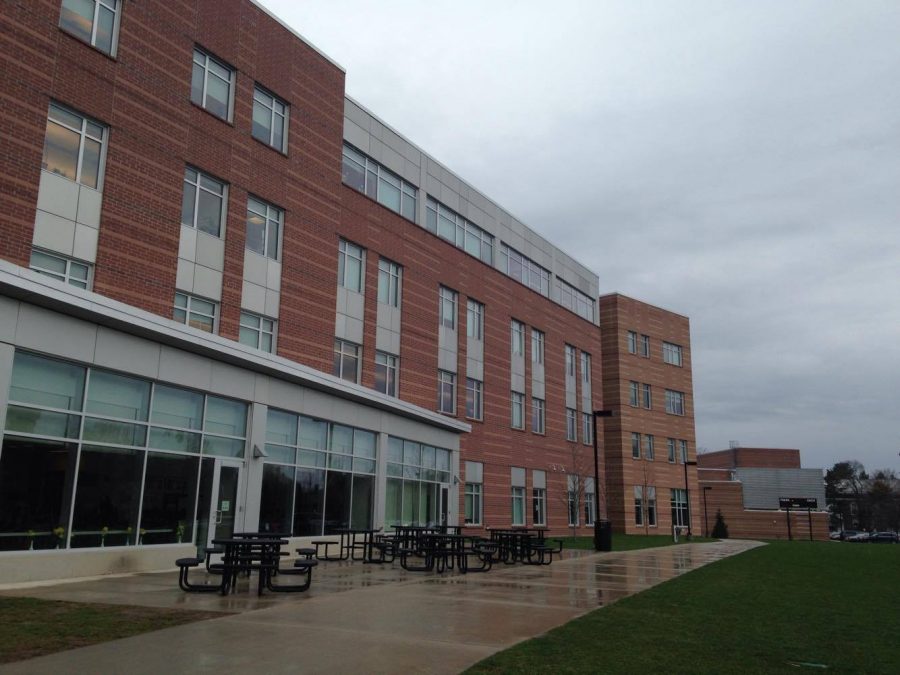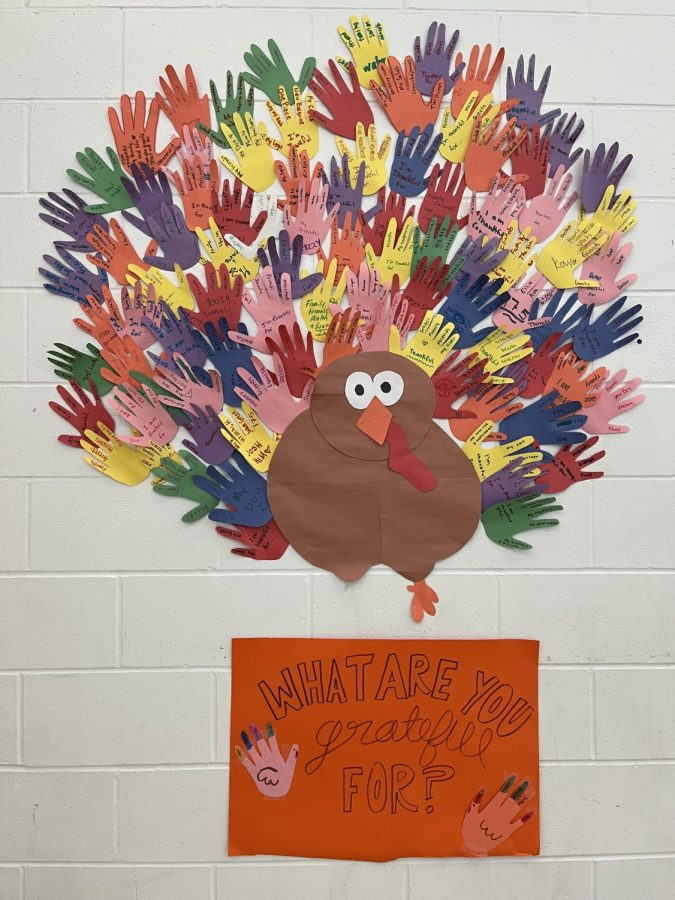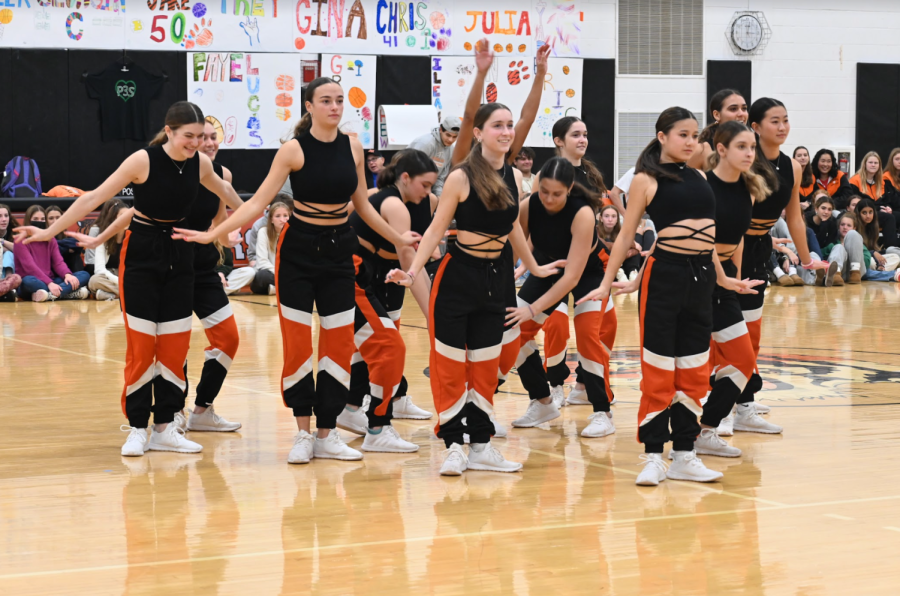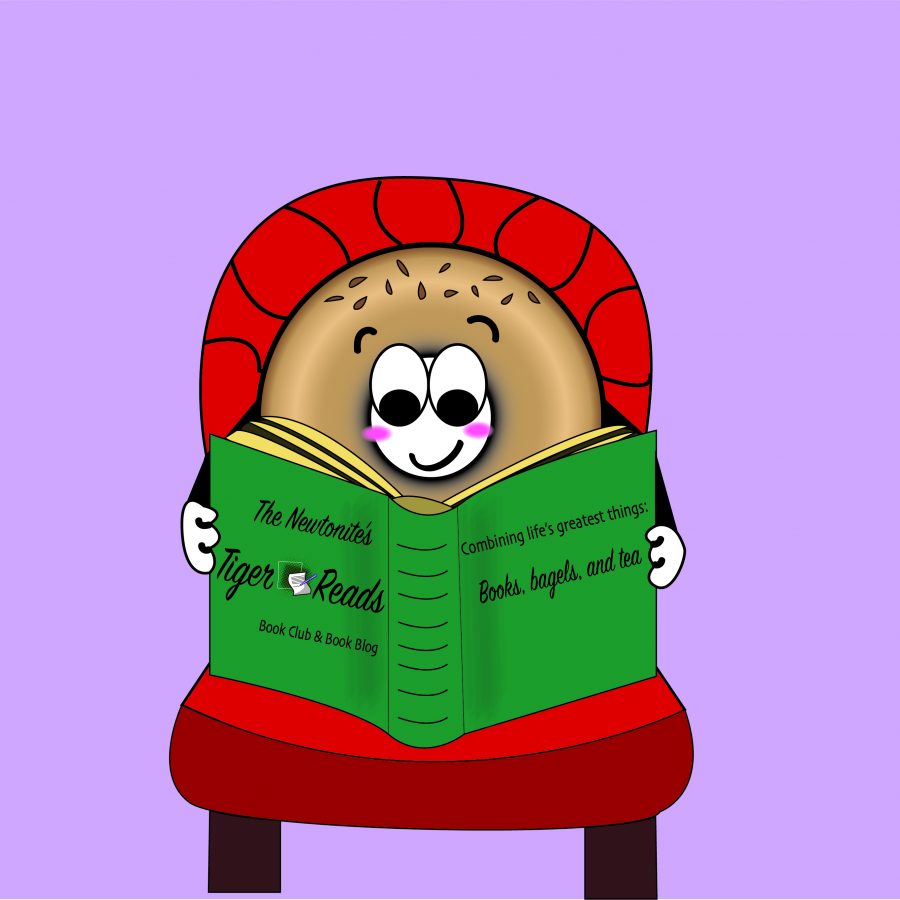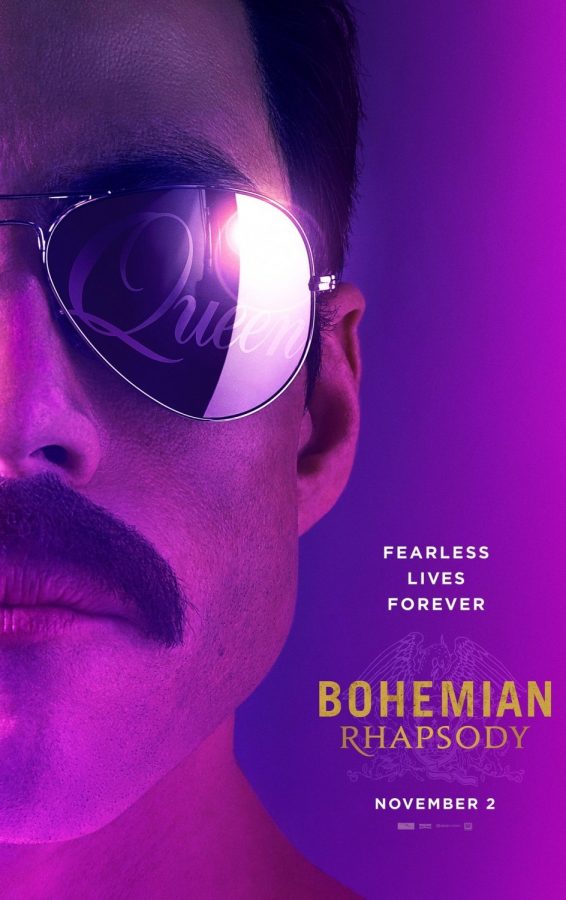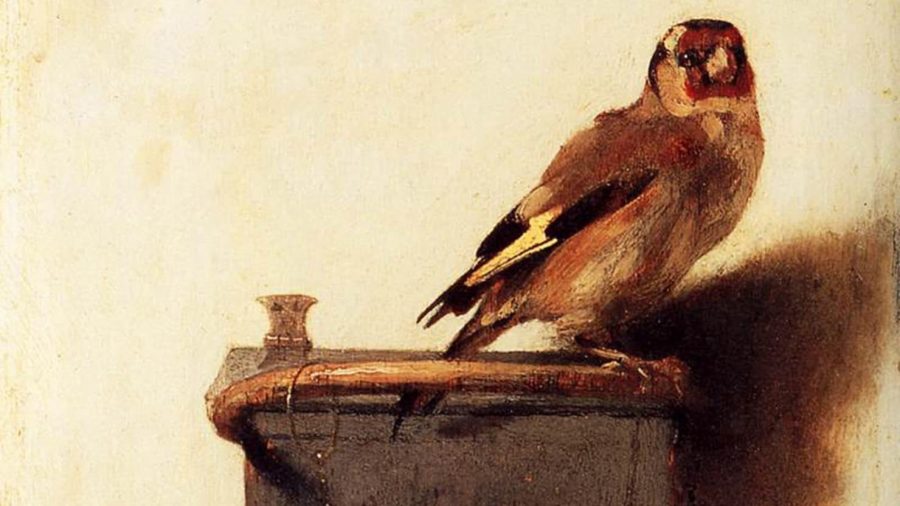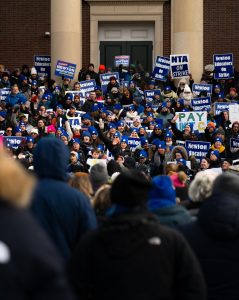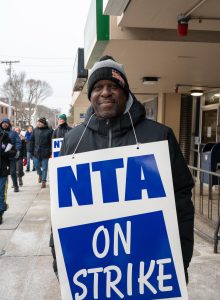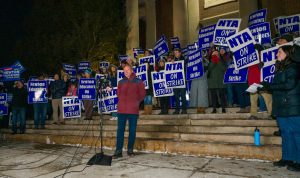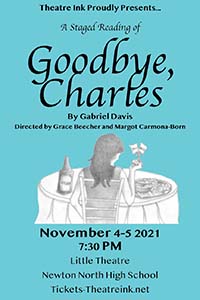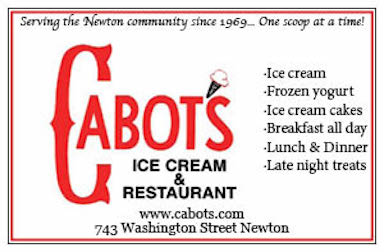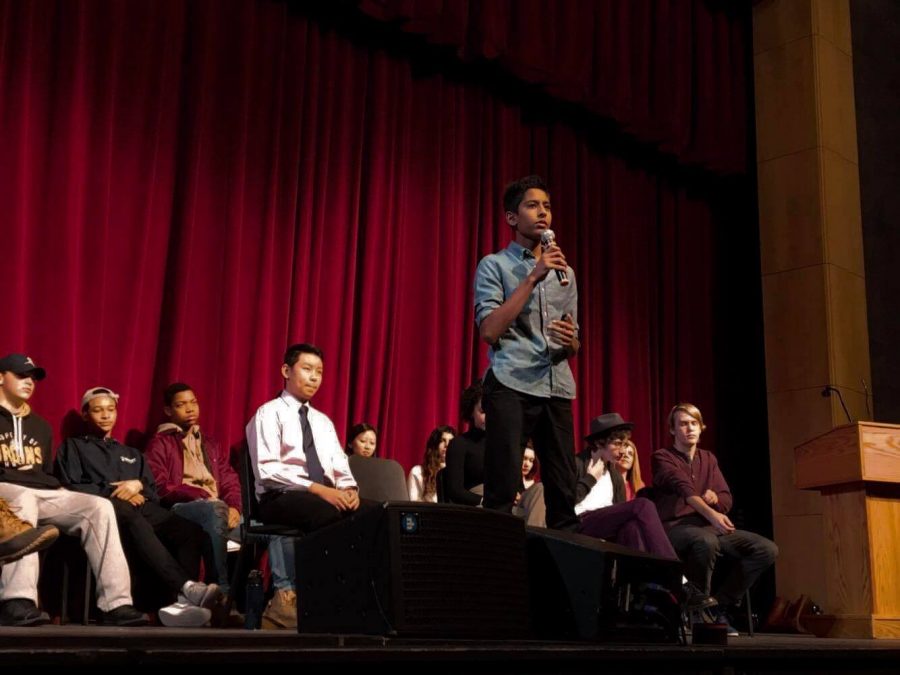Five finalists presented speeches in the fifth annual Martin Luther King Jr. sophomore speech contest B-block last Friday in the auditorium. The judges named sophomores Amit Vallabh the winner and Leyla Davis the runner-up.
Reflecting on the event, Principal Henry Turner, who announced the winners and was one of five judges, said making the decision was “very difficult.” He explained that “it takes different skills to be able to bring in your audience, and I thought all of them did a great job.”
The annual sophomore speech contest is held by the English department to honor Martin Luther King Jr.’s legacy. Each sophomore English class elects one speech to move on to the semifinals, and faculty judges chose five finalists from this group. This year’s finalists were Davis, Vallabh, and sophomores Eugene Lu, Jake Wright, and Alex Wymer.
The finalists presented to a panel of five judges, including Turner, English teacher Maureen Kavanaugh, head guidance counselor Beth Swaderskas, Adams House dean Dave Turcotte, and junior Declan Sung, last year’s champion.
In his speech, winner Vallabh talked about the culture of racism in the United States. He addressed the prevalent, but harmful assumption that all people of color are immigrants. The hurtful phrase “go back to where you came from,” is often said to people who were actually born and raised in the United States. Vallabh explained that racial profiling is a big problem in the United States. Whenever he hears about a recent terror attack, Vallabh explains that he “prays that the shooter isn’t brown,” because immigrants are so often viewed as terrorists.
Vallabh explained that “America is no longer a land of opportunity, it is now a land of nightmare.”
Davis also talked about racism in her speech, focusing specifically on cultural appropriation and standards for African Americans.
“So much judgment has fallen on black hair that black people began to judge it,’ said Davis when describing her experience with racism in relation to her hair. Davis explained that she had felt the need to change her hair in order to fit in. “My hair has so much heat damage just from trying to make it fit in the standard of beauty,” said Davis.
Wright, in a speech titled “Man Up,” tackled the question: “What makes a man, a man?” talking about toxic masculinity and stereotypes surrounding men.
“Being strong shouldn’t be avoiding help, it should be knowing when you need it,” said Wright. He added it is important to “take the mask off masculinity and put the man back in human.”
In a very personal speech, Wymer talked about his own experience with autism, touching on what it means to be autistic, as well as the importance of treating everyone equally. According to Wymer, he only had one friend in fourth grade and was constantly afraid of a bully at recess.
Posing the question, “Why am I singled out?” Wymer explained that autistic people tend to latch on to certain things with dedicated focus which can be disconcerting for other people. “Yes I am different,” he said. “But, just maybe, I can create a better world for all of us,” he added.
In his speech, Liu explained the importance of learning history. “Understanding history can help mediate our conflicts,” he said. “History should not be viewed as an obsolete, academic subject,” rather it is a way to “reflect upon our past for a better future.”
While the judges deliberated in a separate room, the 26 semifinalists took turns coming to the front of the stage presenting brief summaries of their speeches.
Breaking News
- February 1Foreign exchange program departures set to proceed on schedule amid teacher strike
- February 1Teacher strike reaches two full weeks as contract negotiations continue to progress
- January 31Newton parent files lawsuit against NTA amid prolonged strike
- January 31Committee anticipates new union proposal on thirteenth day of strike
- January 30Rejected contract proposals prolong negotiations amid ongoing teacher strike
- January 28School days in jeopardy as contract negotiations continue, NTA compromise package awaits approval
- January 25Teachers strike marks seventh day with progress in ongoing negotiations
- January 25Controversy surrounds NPS instagram posts criticizing teachers’ strike
- January 25Congresswoman Ayanna Pressley supports Newton Teachers Association in urgent call for education funding
- January 23Teachers continue strike amid fines and ongoing negotiations
TOP POSTS
- Wrestling Head coach John Staulo honored with induction into New England Hall of Fame after 27 years of coaching at North
- North's jazz ensemble strikes gold at MAJE regional festival
- Art Major IV students paint new generation of murals
- Winter varsity dance team shines at UDA nationals despite budget cuts
- New cafeteria lunch containers help make North more sustainable
- Boys hockey falls to Weymouth at annual senior night
- Chicago brings the roaring 20s to Lasker Auditorium
- Improv Jam provides the audience with a top-tier experience interacting with the show
- Sophomore speeches showcase variety of underrepresented topics
- Mean Girls Adaptation Lacks Spark of Original Movie







